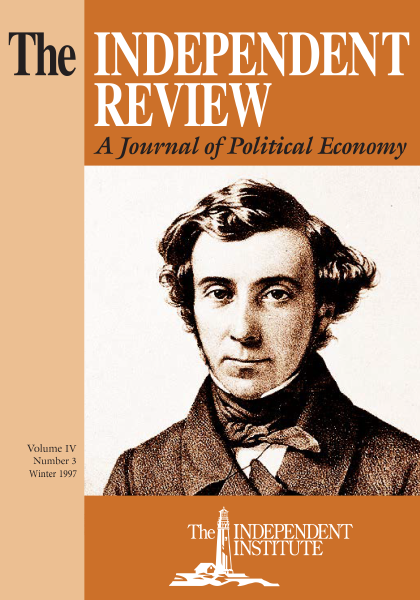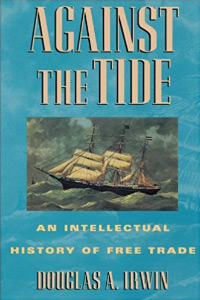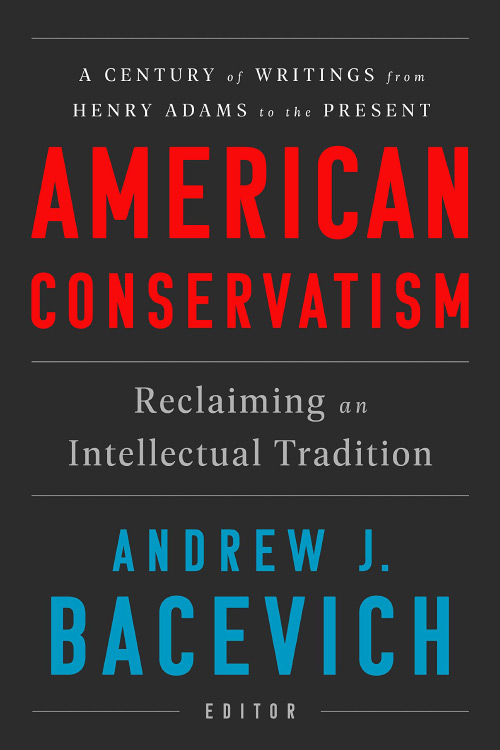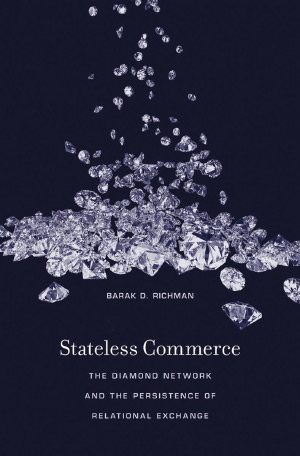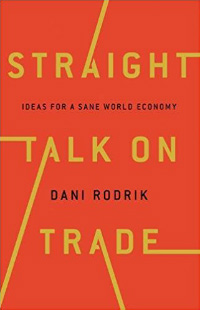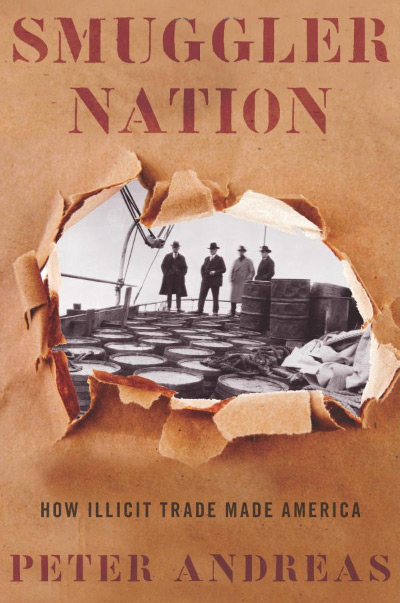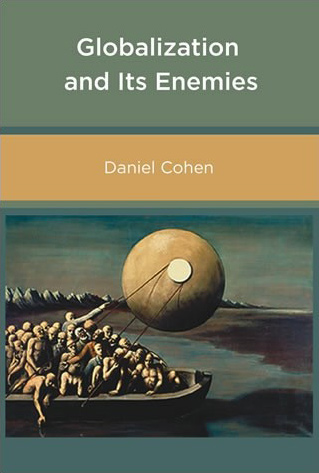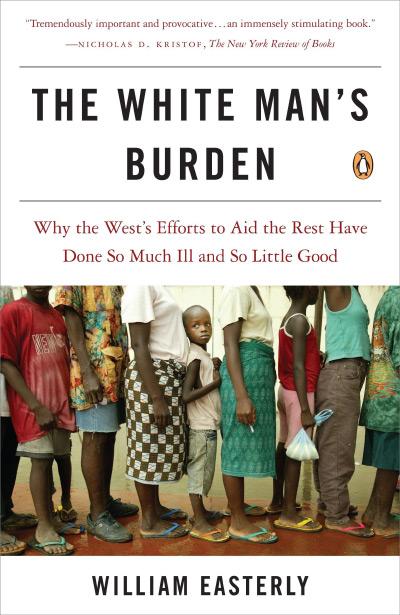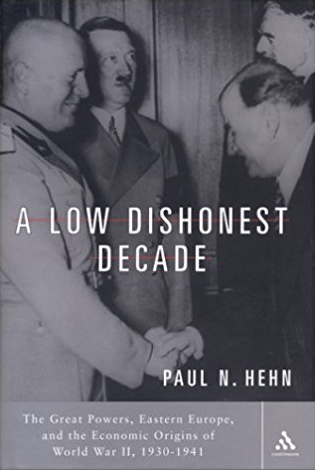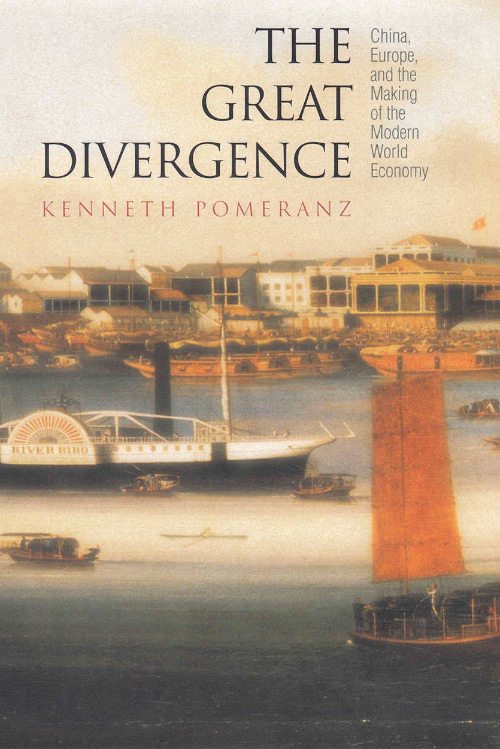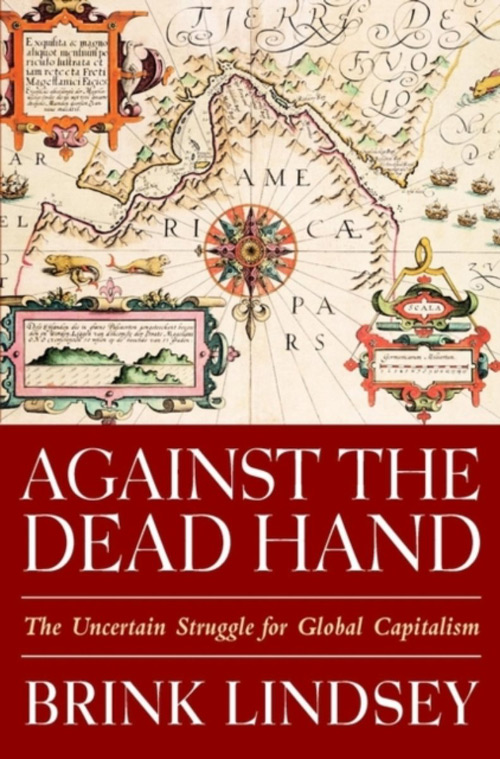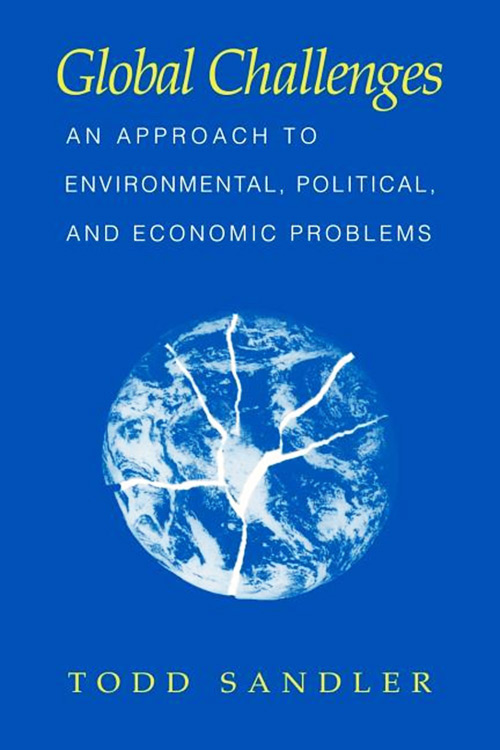In medieval times, men devoted great efforts to the search for a formula to turn lead into gold, but the endeavor proved futile. People eventually learned they could not turn the trick and stopped trying. Unfortunately, people continue to seek another road to easy riches—trade restrictions.
Since the rise of the European nation-state, many arguments have been advanced purporting to show that a nation can make itself wealthier by restricting trading between its own citizens and others. Tariffs or quotas of the right sort can give a nation a “favorable” balance of trade, protect its “infant” industries, improve its terms of trade, give it a more prosperous industrial mix, protect the high wages of its workers or, in some other way, make it better off than it would be under free trade.
In Against the Tide, Douglas A. Irwin investigates the intellectual history of the debate over free trade. “With uncanny regularity,” he writes, “a major theoretical argument for protection surfaces every few decades and sparks controversy among economists about the strengths and weaknesses of the case for free trade” (p. 4). In view of the tendency of Americans to engage in bouts of protectionist rhetoric and policy, one welcomes a book that reaffirms the value of free trade and debunks the arguments against it.
Irwin first leads the reader through the origins of the free trade doctrine—the idea that government interference with trade necessarily reduces economic efficiency and lowers the standard of living. This doctrine took a long time to develop. The ancient Greeks and Romans generally did not advocate trade with foreigners, mainly because they feared that contact with outsiders would contaminate their societies. The early Catholic Church condemned trade because it encouraged avarice and the pursuit of worldly gains. Notwithstanding a few earlier dissenting voices, not until the rise of natural law philosophers such as Suarez and Grotius in the seventeenth century did a confident argument appear in favor of allowing people to trade freely. This argument, however, rested on ethics rather than economics and failed to convince other natural law theorists, such as Emerich de Vattel, who wrote, “Every nation may decide upon what conditions it will receive foreign goods, and may even refuse to receive them at all” (p. 24). This passage demonstrates a great failing in the trade debate—and many other public policy debates—the tendency to speak of the rights and interests of nations rather than individuals.
The thinking of the mercantilists, whose views prevailed before the ascendancy of the free-trade doctrine, evinced such statism. In their view, the purpose of foreign trade was the enrichment of the nation, and this could be accomplished by a trade policy encouraging exports, which bring in gold, and discouraging imports, which send out gold. Displaying the characteristic hubris of interventionists, the mercantilists presumed to know what kinds of trade were good or bad and proposed to regulate people accordingly. Theirs was the theory Adam Smith set out to refute in The Wealth of Nations. Irwin notes, however, that three-quarters of a century before Smith’s great work, Henry Martyn penned a masterful tract entitled Considerations upon the East India Trade that brilliantly anticipated the Scottish professor’s main arguments.
Irwin does an excellent job of presenting Smith’s case for free trade. Trade is beneficial because it permits people to specialize in what they do best. Driven by self-interest, specialization will maximize production, and producers will then trade their output for the more valued outputs of other specialists. Smith saw no reason to limit the gains from specialization and trade by confining them within the artificial boundaries of nations. The larger the market, the greater the benefits. The “invisible hand” of the market would direct resources into their best uses. Thus, government efforts to direct commerce into better lines, as the mercantilists had urged, must necessarily reduce the economic well-being of a nation—the goods and services its people consume.
Smith’s cogent argument routed the mercantilists. To this day, the great majority of economists accept his conclusions about trade. Writers such as James Mill, Robert Torrens, and David Ricardo extended and strengthened the case for free trade early in the nineteenth century. John Stuart Mill endorsed it (with an exception to be noted shortly) in his highly influential 1848 treatise Principles of Political Economy.
In the second part of the book, Irwin examines the main arguments trade interventionists have advanced over the last two centuries, having to do with the terms of trade, infant industries, wage differentials, strategic trade policy, and other things. In each instance, he fairly presents the contentions of the advocates of trade restrictions, then the rebuttals of the free traders. Each time, we see that opponents have done little or no damage to the free-trade doctrine, having committed analytical mistakes in reaching their conclusion that government coercion can improve on the flow of production and commerce in a free market.
Consider, for example, the infant-industry argument, once supported by John Stuart Mill, who eventually recanted after an avalanche of criticism. This posits that a nation can better itself by employing temporary protective tariffs to shield its “desirable” new industries until they can compete successfully in the world market. In the long run, the nation’s—those arbitrary boundaries again!—gain supposedly exceeds the cost to consumers who pay higher prices for the good produced by “their” industry until the tariffs are finally removed. Alexander Hamilton supported this strategy, and it still surfaces from time to time. Just a few years ago, it was seriously argued that the United States needed protective tariffs on high-definition televisions because the Japanese had taken the lead in developing HDTV and American producers would not be able to compete in an open market.
What’s wrong with the argument? A great deal, Irwin shows. For one thing, we have no reason to believe that government officials can pick the optimal industries in which to invest scarce capital better than business people can. Government officials tend to favor industries that are successful elsewhere, often those with some kind of prestige, which may be entirely inappropriate in the protected country. The fantastically wasteful Mexican steel industry is a case in point.
Nor do we have any reason to believe that the prospect of short-run losses will deter business people from investing if they foresee sufficient long-run gains. People start up infant companies all the time, entering into competition locally, regionally, nationally, or even globally with the expectation that initial losses will be offset by later profits. Government need not undertake the entrepreneurial function.
Finally, it’s unreasonable to expect that the infants protected from competition will ever mature. More likely, the workers and owners of the industry will form a potent special-interest group, striving to hang onto their political privilege, always at the expense of consumers.
Free trade’s great virtue is that it keeps government from manipulating the economy by altering natural patterns of production and trade. Government might enact innumerable protectionist or manipulative trade interferences; it can adopt but one free-trade policy, which consists simply of the absence of all such interference. As Alfred Marshall wrote, free trade is an advantageous expedient because “it is not a device, but the absence of any device” (p. 221).
Henry Sidgwick, himself an advocate of the infant-industry argument, wrote that “the gain that protection might bring in particular cases is always likely to be more than counterbalanced by the general bad effects of encouraging producers and traders to look to government for aid in industrial crises and dangers, instead of relying on their own foresight, ingenuity and energy” (p. 227). Exactly. The search for the rare—and I contend, nonexistent—case in which government with its highly limited information can outsmart the market leads straight to costly economic blunders.
Against the Tide is a splendid work, about which I offer only a few quibbles. First, although the book is commendably free of opaque economic jargon, some of the discussion would have been more comprehensible if the author had included examples to show just how the advocates of protectionism or “managed” trade believed their policies would be advantageous. Sometimes the connection between theoretical exposition and imagined results is hard to see.
Second, Irwin pays little attention to two powerful arguments against trade restrictions: the retaliation argument, that any putative gain from trade restrictions or subsidies will be short-lived because other governments will follow suit; and the Public Choice argument, that the incentives facing political decision makers render it almost inconceivable that the politicos will use their power in the public interest, even as conceived by the interventionists. Irwin mentions these considerations briefly in the final chapter, treating them as backup arguments for free traders. But these arguments are powerful weapons in the free-trade arsenal, and I would have preferred a more extended treatment of them.
Third, Irwin treats the terms-of-trade argument too generously. He writes that this “appears to be the most robust and least subject to qualification or exception, and it remains the most widely acknowledged and generally accepted restriction to free trade admitted by economic theory” (p. 115). The idea is that by imposing export or import taxes on the right goods and in the right amounts, a nation can enjoy more favorable terms of exchange with foreigners by extracting additional revenue from them.
Even supposing this to be true, should one assume that the nation is better off with more revenue in the government’s coffers instead of the hands of foreign buyers and sellers? If the government could tax a billion dollars away from, say, Sony or BMW, would that exaction benefit the general public of the United States—as opposed to the rulers and their friends—or would it simply reduce the ability of those firms to produce goods we desire? Here again, we see the unfortunate impact of the mercantilistic fixation on national boundaries.
Overall, however, Irwin has written an excellent book, and I recommend it to anyone interested in gaining a deeper understanding of the free-trade controversy than one gets from the sloganeering that usually passes for rational debate on this subject.
| Other Independent Review articles by George C. Leef | |
| Winter 2022/23 | What Higher Education May Look Like in the Future |

